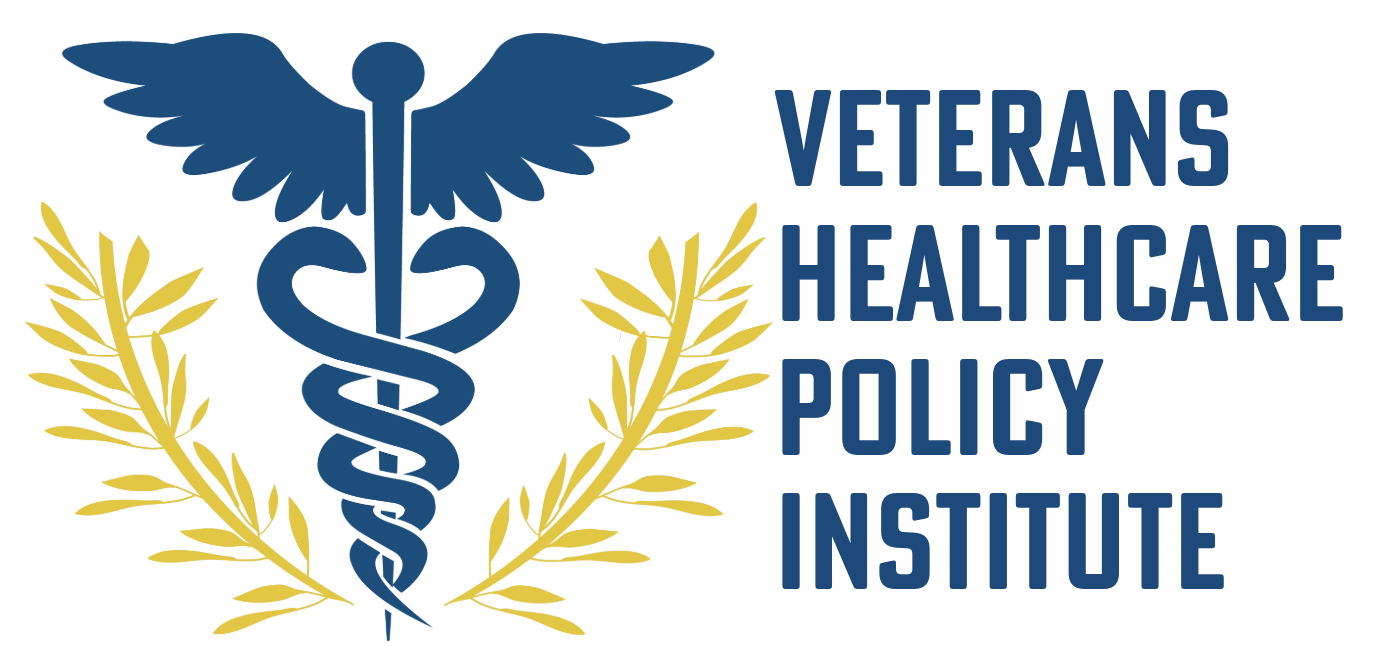Veterans’ Private Residential Treatment Programs Need to Match VA’s Standards
This analysis is by Russell B. Lemle Senior Policy Analyst at the Veterans Healthcare Policy Institute
A couple months ago, the Department of Veterans Affairs (VA) secured a $19.75 million fraud settlement withSeabrook, a major addiction treatment center in New Jersey. Between 2022 and 2024, Seabrook allegedly misrepresented its offerings, falsified its records, and provided services by staff who were unqualified to treat patients with these disorders.
The facility's laundry list of misdeeds reveals a troubling, deeper reality: unscrupulous, predatory facilities are brazenly exploiting vulnerable veterans in need of mental health and substance use disorder treatment while defrauding American taxpayers. The profound failures should shock the conscience of every citizen.
They should also be a wakeup call to Congress.
The settlement comes at a particularly opportune moment. Congress is now actively considering the Veterans ACCESS Act of 2025 which would funnel more veterans to private residential substance abuse and mental health treatment programs. While improving access to vital services is crucial, the Seabrook case demonstrates why far stronger safeguards must be added to the legislation.
Lawmakers argue the bill will “increase access to life-saving treatment programs for veterans with mental health conditions or addiction." These are worthy goals. However, without ironclad quality controls, Congress risks sending more veterans into potentially harmful situations at facilities—like Seabrook—which promise specialized care but deliver substandard treatment.
Residential treatment is a booming industry of over 29,000 facilities operating nationwide with inconsistent oversight. The result is a gold rush for fraudsters providing subpar care. Take the South Florida addiction center who fraudulently billed the government $112 million for services never furnished or medically unnecessary, while paying kickbacks to patient recruiters. Two other Florida facilities engaged in multimillion-dollar schemes of providing ineffective and needless medical treatment and tests. Same infractions with an Ohio residential rehab center. In Arizona, one rehab facility guilty of bogus billing for services never rendered, and hundreds of others found to have subjected susceptible victims to shoddy addiction treatment. These cases represent just the tip of the iceberg.
To its credit, the ACCESS Act takes modest steps toward assuring private care quality by requiring accreditation be a recognized body. But other quality measures in the bill create an illusion of accountability. Despite laudable language about assessing evidence-based treatment delivery, clinical outcomes, practitioner to resident ratios, and military cultural competence training, the legislation is toothless regarding enforcement. Providers face no requirement to meet benchmarks, nor consequences for failing them.
Crucially, there’s no mandate that the data collected on program-specific quality metrics be shared with veterans weighing their treatment options. Veterans need transparent information about each facility’s effectiveness in addressing vital health concerns—as do the taxpayers funding this care.
Further, there’s no mandated VA utilization review once a veteran enters a community program. This essentially rubber-stamps stays up to 90-days without the customary medical practice of review and approval for extended care. It's an invitation for fraud and waste.
For too long, we've allowed a troubling disparity to take root. When veterans seek treatment in community facilities, they often encounter a different standard of care than what they would receive at VA facilities. This creates an unconscionable two-tier system where the quality of a veteran's treatment depends not on their needs, but on which door they unwittingly walk through.
The solution demands legislative action to establish uniform standards across all facilities receiving treatment funding. Every veteran entering a government-supported program should encounter the same rigorous oversight, evidence-based protocols, and accountability measures, regardless of whether the facility bears the VA logo. Until lawmakers close this regulatory divide, we perpetuate a system that incentivizes facilities to prioritize revenue over recovery.

